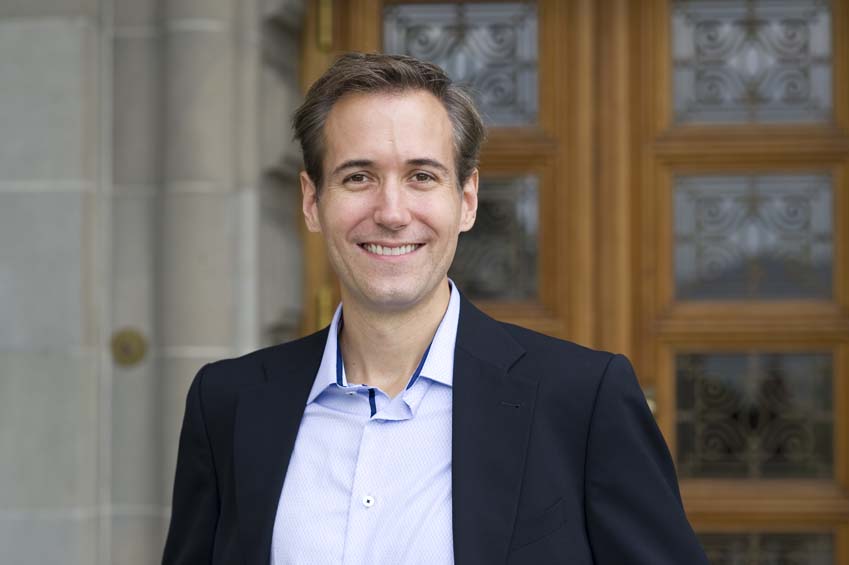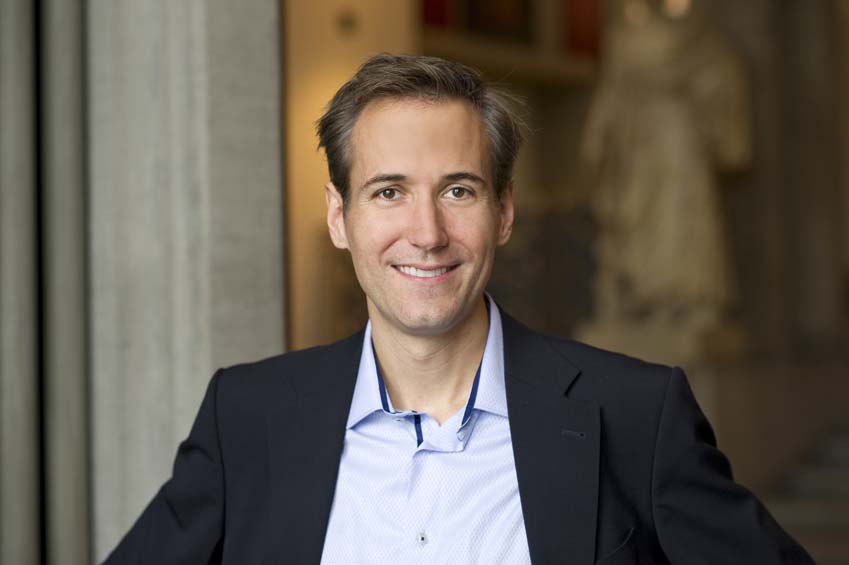Gregory Crawford analyzes economic outcomes in product markets with a goal of improving public policy and thus consumer outcomes in these markets. Often this entails building econometric models of consumer and firm behavior to reveal their underlying structure and using this structure to predict outcomes under different (typically untried) policy environments. Recent examples include analyzing whether consumer welfare in pay-television markets would be higher if households could select individual channels instead of being forced to buy them in bundles (finding on average that they would not) and analyzing the net welfare effects of vertical integration between TV channel producers and TV channel distributors (finding that it can be efficient or anti-competitive depending on the specific features of the market and the proposed merger). The latter paper was cited in trial testimony in the recent challenge by the U.S. Department of Justice to the "blockbuster" merger between AT&T and Time Warner, the first challenge of a vertical merger in the U.S. in over 40 years.
The rise of dominant firms in a variety of sectors has recently pushed the topic of competition policy directly into the public eye. In addition to rising margins and concentration, topics such as the dominance of digital platforms like Google and Facebook, data as a barrier to entry, and the consequences of mergers on innovation are all first-order public policy questions requiring academic insight. Crawford is currently the co-director of the Industrial Organization program of the Center for Economic Policy Research (CEPR) and will be launching a CEPR Competition Policy Network in the autumn with Tommaso Valletti, the current/outgoing Chief Economist for DG Competition at the European Commission. This network will seek to focus academics' attention on these topics, with the goal of building an academic consensus on the appropriate policy responses to these challenges.
Gregory Crawford analyzes economic outcomes in product markets with a goal of improving public policy and thus consumer outcomes in these markets. Often this entails building econometric models of consumer and firm behavior to reveal their underlying structure and using this structure to predict outcomes under different (typically untried) policy environments. Recent examples include analyzing whether consumer welfare in pay-television markets would be higher if households could select individual channels instead of being forced to buy them in bundles (finding on average that they would not) and analyzing the net welfare effects of vertical integration between TV channel producers and TV channel distributors (finding that it can be efficient or anti-competitive depending on the specific features of the market and the proposed merger). The latter paper was cited in trial testimony in the recent challenge by the U.S. Department of Justice to the "blockbuster" merger between AT&T and Time Warner, the first challenge of a vertical merger in the U.S. in over 40 years.
The rise of dominant firms in a variety of sectors has recently pushed the topic of competition policy directly into the public eye. In addition to rising margins and concentration, topics such as the dominance of digital platforms like Google and Facebook, data as a barrier to entry, and the consequences of mergers on innovation are all first-order public policy questions requiring academic insight. Crawford is currently the co-director of the Industrial Organization program of the Center for Economic Policy Research (CEPR) and will be launching a CEPR Competition Policy Network in the autumn with Tommaso Valletti, the current/outgoing Chief Economist for DG Competition at the European Commission. This network will seek to focus academics' attention on these topics, with the goal of building an academic consensus on the appropriate policy responses to these challenges.


